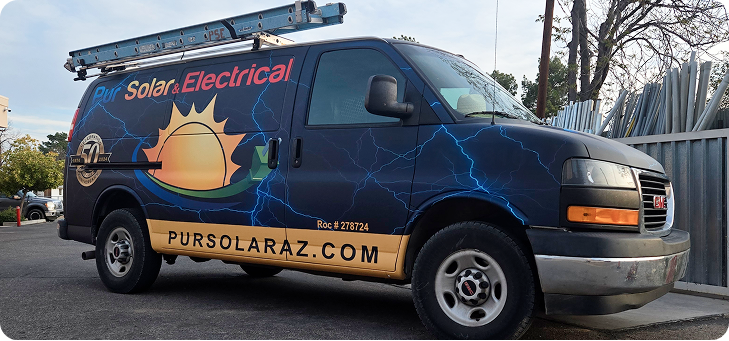The solar energy industry is growing every year in the United States, and that means big changes are happening fast. Unfortunately, a lot of myths still circulate both in conversations and in the media that are simply no longer true. This article will examine three common myths about solar power to reveal the truth.
Myth #1: Solar Panel Investments Takes Decades to Pay Off
There are three reasons why this is no longer true.
First, solar power systems are decreasing in cost every year as the industry grows. Second, many states are now offering tax exemptions, subsidies, and financial incentives to help cover the costs of going solar in your home.
Finally, the New York Times found that installing a solar system can increase the resale value of your home by up to $15,000. With all of these factors combined, the Solar Power Authority reports that “you could start seeing a return on your investment within two to four years.”
Myth #2: Solar Power Won’t Work in My Cloudy/Rainy/Cold State
Did you know that solar panels work better in the cold than they do in hot climates? Just because your state sees lots of snow doesn’t mean it’s automatically disqualified from being solar-friendly.
Additionally, solar panels do not require direct sunlight to create energy. Although their efficiency does go down when the sun isn’t shining, solar panels can and do work well even on cloudy days.
Myth #3: Solar Energy Means No More Power Outages
Unfortunately, this is just not true. Families who use solar power still experience power outages from time to time in their homes.
Why?
If you use an on-grid solar power system, your house will experience power outages along with the rest of your area whenever the electrical grid is down. On-grid systems do not have a separate storage for their energy, so they can only work when the grid is up and running.
On the other hand, off-grid solar power systems can work even when the electrical grid in your city is down because they’re completely disconnected. However, if your battery storage runs out of power, your house will experience a blackout because it can’t pull from the traditional energy grid to make up the deficit.
Solar energy is a growing industry in the United States, and everyone needs to research and learn the basics of the system before writing it off as the wrong choice for their home. As innovation continues in the field and prices drop, it’s becoming a more and more viable option for cheap and environmentally friendly energy in homes across the country.
If you’re on the fence about whether or not solar power is right for your family, don’t be discouraged. There are many solar power myths out there that are just not true, so make sure you take the time to fully understand how solar systems work before you make your final decision.










